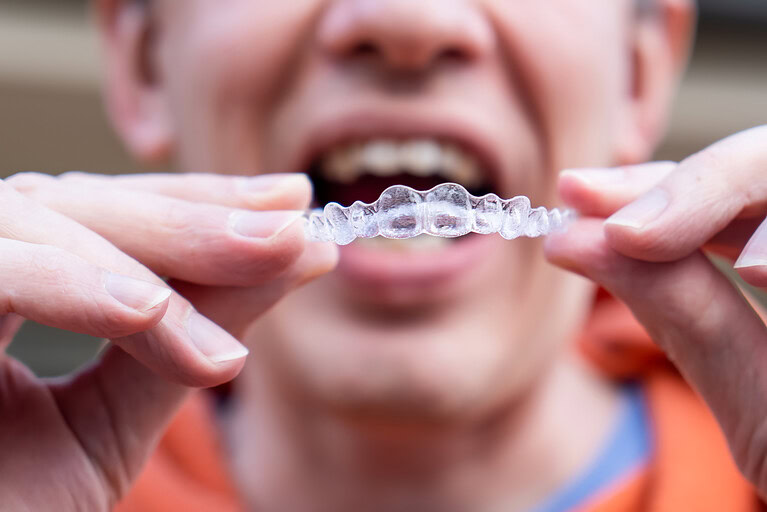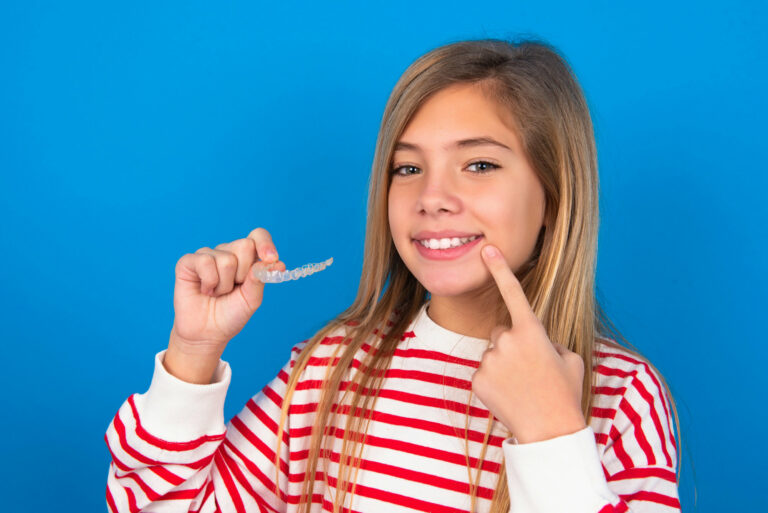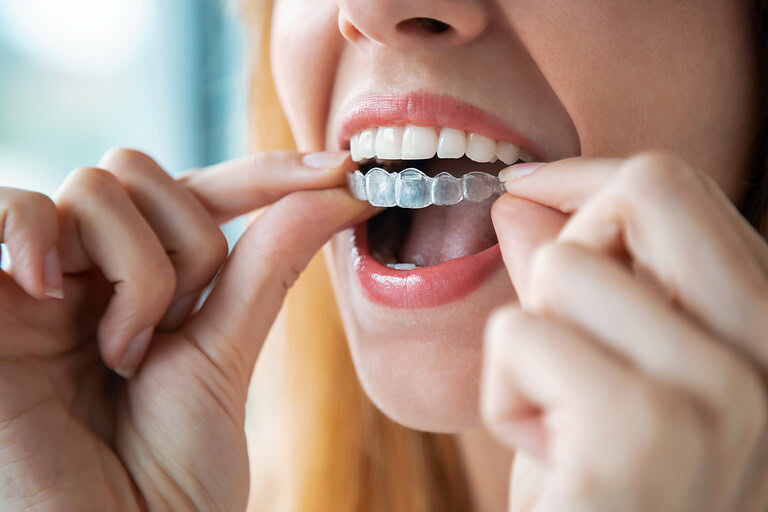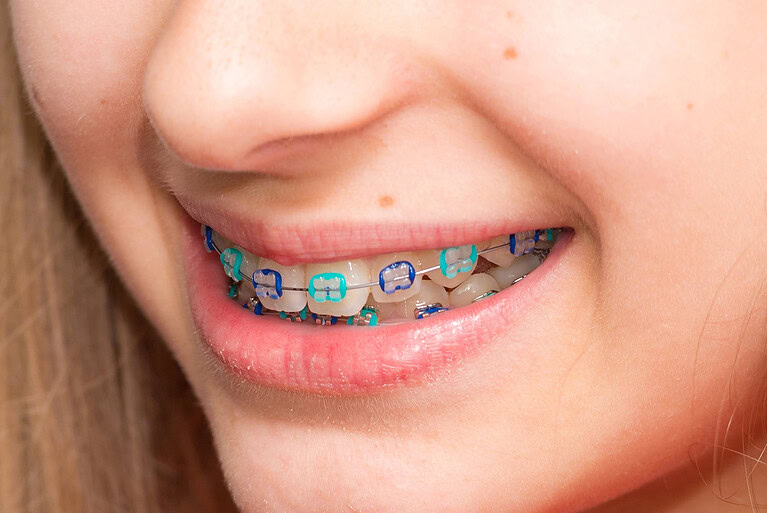Can Invisalign Fix Overbite? Finding the Best Treatment For You
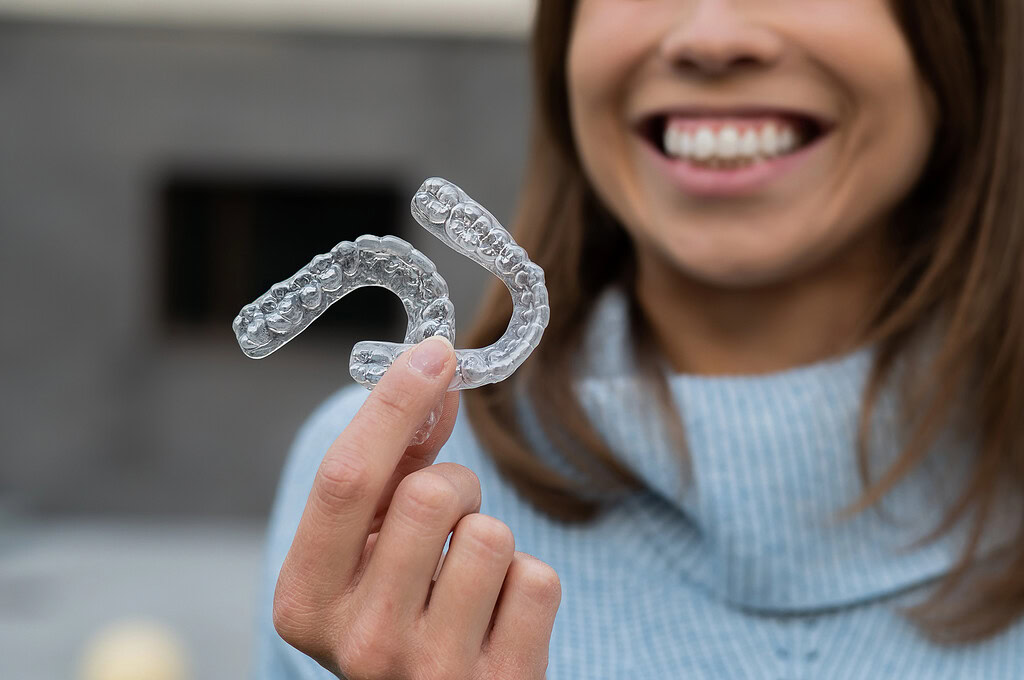
A common question from prospective patients is: “Can Invisalign fix overbite?” The answer is yes—Invisalign can effectively correct many types of overbites, especially mild to moderate cases. It uses custom aligners to gently move teeth, offering a clear, removable alternative to traditional braces.
What Is an Overbite?
An overbite is when the upper front teeth extend too far over the lower front teeth. It’s one of the most common types of bite misalignment and falls into two main categories:
- Dental overbite is caused by tooth misalignment
- Skeletal overbite results from irregular jaw structure or growth
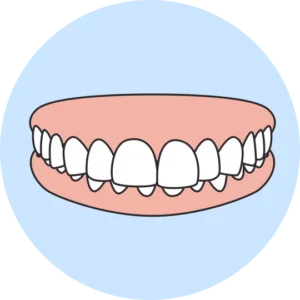
Overbites are also classified by direction:
- A vertical overbite means the upper teeth extend too far downward over the lower teeth.
- A horizontal overbite (also called overjet) is when the upper teeth stick outward, past the bottom teeth.
Both types can cause problems with bite function, speech clarity, and facial appearance. Without treatment, an overbite can become more severe and harder to correct over time.
Health Problems Caused by Overbites
Untreated overbites can also lead to other dental health complications:
- Jaw pain, TMJ disorders, and chronic headaches
- Tooth enamel erosion and gum issues
- Speech difficulties, chewing problems, and bite imbalance
How Invisalign Corrects Overbite
Invisalign works to fix overbites by using a series of custom-made trays that apply gentle, consistent pressure on the teeth. Each tray is slightly different and is designed to guide teeth into better alignment over time.
Patients typically switch to a new set every one to two weeks, gradually improving the position of the teeth and bite.
Invisalign vs. Traditional Braces
Invisalign trays are nearly invisible, making them a discreet option for both teens and adults. They’re also more comfortable, with no wires or brackets to irritate the mouth.
Unlike braces, aligners can be removed for meals and daily brushing, improving oral hygiene and reducing food restrictions.
For severe overbites, though, traditional braces are more effective in correcting your bite.
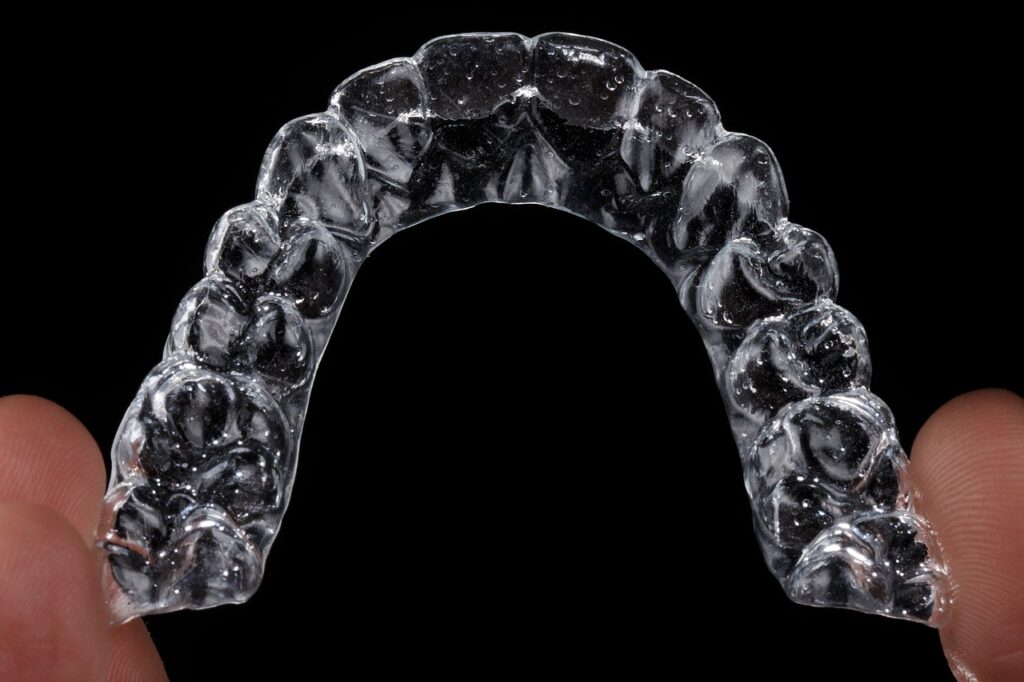
Who Is a Good Candidate for Invisalign?
1. Mild to Moderate Overbites
Invisalign is most effective for mild to moderate overbites, where teeth need gradual repositioning. Severe or skeletal overbites may require traditional braces or other orthodontic treatment for best results.
2. Age and Jaw Flexibility
Both teens and adults can benefit from Invisalign. However, treatment may be faster in younger patients since their jawbones are still developing and more adaptable to change. Ask us about Invisalign Teen in your consultation!
3. Good Oral Health
Candidates should have healthy teeth and gums. Active gum disease, untreated cavities, or other oral health issues should be resolved before starting Invisalign.
Read more: Will Invisalign Work for Me? Here’s How You Can Tell
What to Expect During Invisalign Treatment
Initial Consultation & Digital Scans
The first step in your Invisalign treatment process is a full evaluation and 3D digital scan of your teeth. This scan helps your orthodontist design a custom Invisalign plan tailored to your overbite correction needs.
At your free Invisalign consultation with Longmont Braces, our orthodontists will evaluate the severity of your overbite and determine the most effective treatment plan.
Daily Wear Routine
You’ll need to wear your aligners 20–22 hours a day for best results. Aligners are usually switched every 1–2 weeks to keep your teeth moving toward proper alignment.
Monitoring and Adjustments
At regular check-ins with Dr. Ross, we’ll track your progress and make changes to your treatment plan if needed. Rubber bands or small “buttons” may be added to improve overbite correction and speed up results.
Fix Your Overbite with Longmont Braces
Ready to improve your bite and boost your smile confidence? Schedule a free consultation with Dr. Ross at Longmont Braces today. Find out if Invisalign is the right fit for your overbite correction and start your journey to a healthier smile!
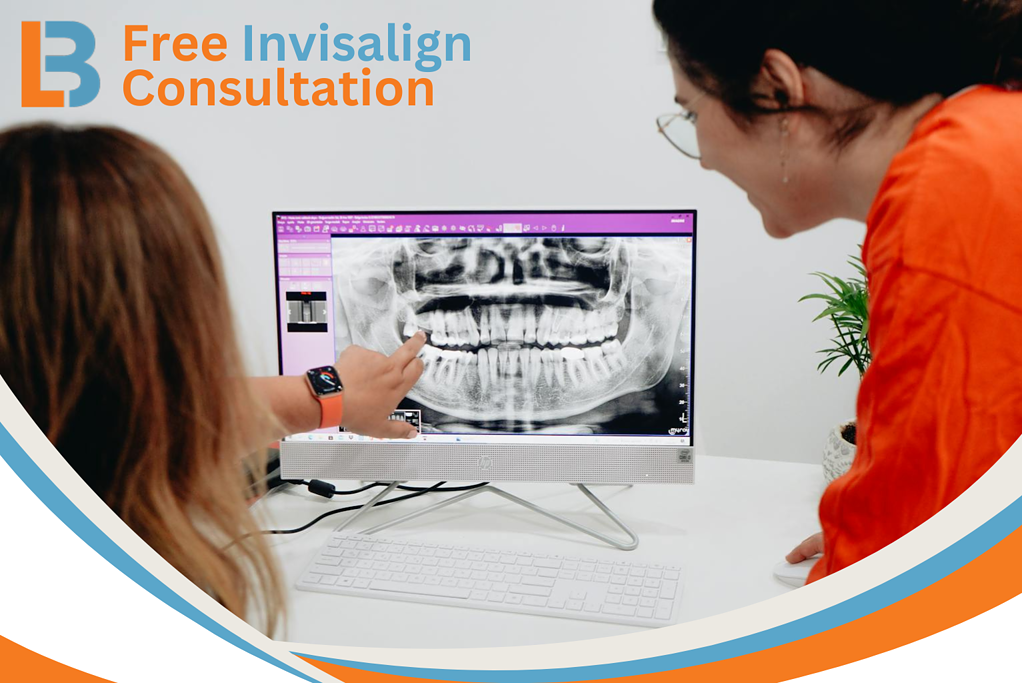
Frequently Asked Questions (FAQs)
Can Invisalign fix a severe overbite?
Invisalign can fix mild to moderate overbites–if you have a severe overbite, schedule a consultation and we’ll review your specific case to see what’s the best treatment for you.
How long does Invisalign take for overbite correction?
Most patients complete treatment in 6 to 24 months, depending on the severity of their case and how consistently they wear aligners.
Do I need rubber bands with Invisalign?
Possibly. Rubber bands may be used with Invisalign to apply extra force for bite correction.
Can adults use Invisalign for overbite?
Yes, adults can use Invisalign for overbite correction, though treatment may take slightly longer than with teenagers.
Is Invisalign better than braces for overbite?
It depends on your case. Invisalign is more discreet, but braces are better for complex issues.
Will I need a retainer after Invisalign?
Yes, wearing a retainer after Invisalign is important to keeping your teeth aligned!


